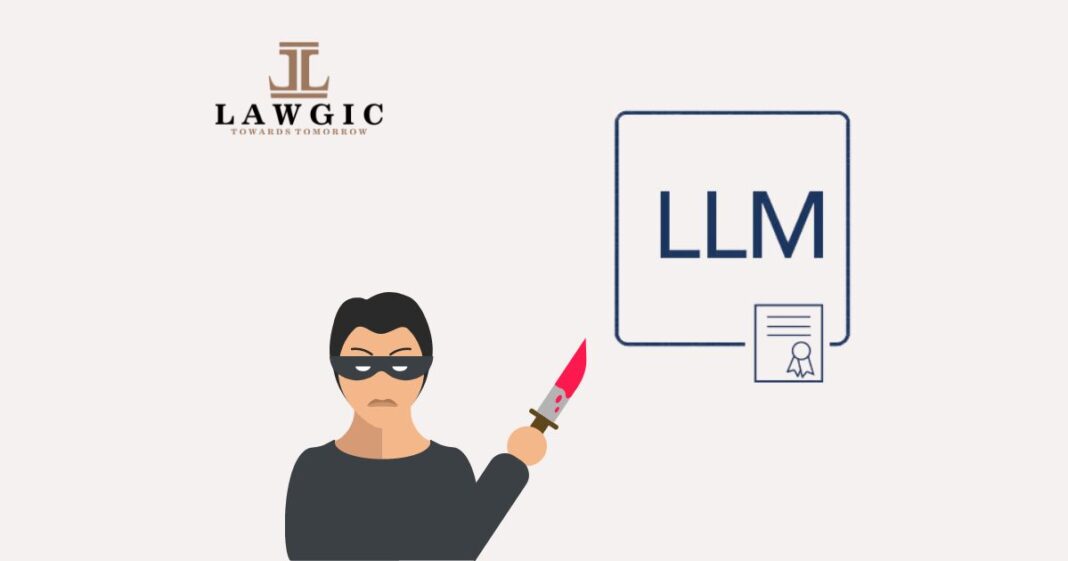Case Title: Prabal Titus Vs State of Punjab
A single bench of Justice Vikas Bahl of the Punjab and Haryana High Court issued an order directing the facilitation of arrangements for a final year LLM student, who is the petitioner in a case involving murder charges, to take his second-semester examination.
The Court emphasized that barring the petitioner from taking the exams would result in irreversible consequences, impeding his completion of the LLM (Corporate Laws) program and posing a threat to his future prospects.
Consequently, the Court granted the petition, recognizing the significant impact on the student’s academic journey.
Furthermore, the Court acknowledged the petitioner’s academic excellence, noting his LLB degree with a commendable 8.01 out of 10 CGPA, along with his completion of 25 online courses from various international universities.
The petitioner had approached the High Court to challenge a lower court’s decision that had denied him permission to sit for his exam. The lower court’s rationale for refusal was the absence of an ‘admit card’ from the university, a requirement confirming the petitioner’s eligibility for the exams.
In the High Court, the petitioner contended that he was wrongly implicated in a murder case. He sought approval to attend his LLM exam, arguing that his right to education was inherent in his right to life.
The university clarified that no separate admit card was issued for exams; students could simply use their student ID cards for examination purposes, a card already provided to the petitioner.
The petitioner’s legal representative highlighted that an application was submitted to the jail authorities seeking exam permission.
The district jail superintendent, citing jail regulations, specified that while study facilities were available within the premises, the superintendent lacked the authority to permit the petitioner to leave for exams.
The superintendent indicated the necessity of court directives in this matter.
The State, noting the petitioner’s involvement in a murder case, suggested that if exam attendance were permitted, the petitioner should cover the expenses for the arrangements to take the exam while in police custody.
The Court ultimately granted the petitioner permission to sit for the exams at the University. It directed the State to provide adequate police security for escorting the petitioner to the exam venue and ensuring his safe return to jail post-exam.


